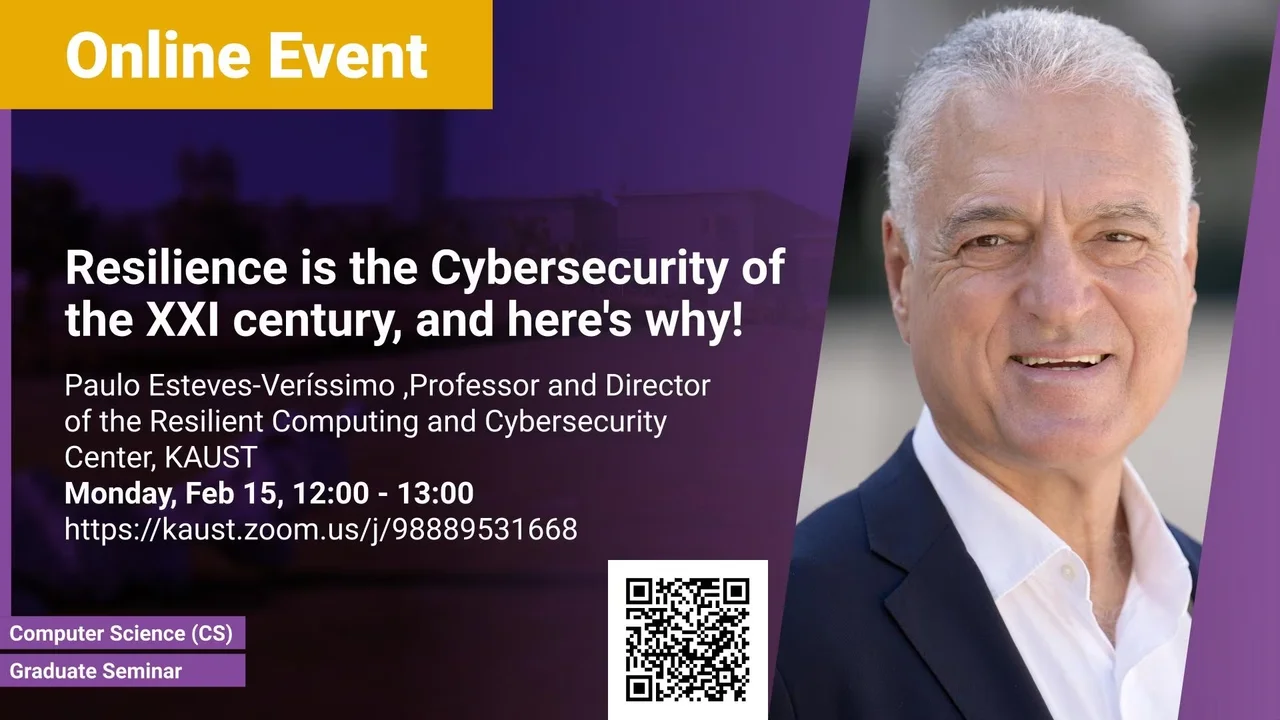
Resilience is the Cybersecurity of the XXI century, and here's why! - 2021-02-15
In a nutshell, Resilient Computing is a new paradigm based on modelling, architecting and designing computer systems so that: they have built-in baseline defences; such defences cope with virtually any quality of threat, be it accidental faults, design errors, cyber-attacks, or unexpected operating conditions; provide incremental protection of, and automatically adapt to, a dynamic range of threat severity; provide sustainable operation.
Overview
Abstract
In a nutshell, Resilient Computing is a new paradigm based on modelling, architecting and designing computer systems so that: they have built-in baseline defences; such defences cope with virtually any quality of threat, be it accidental faults, design errors, cyber-attacks, or unexpected operating conditions; provide incremental protection of, and automatically adapt to, a dynamic range of threat severity; provide sustainable operation. Resilient Computing will be a game changer in the craft of designing computer systems of today and future. Having been part of one of the teams that pioneered intrusion tolerance and resilient computing, I am absolutely convinced of the power of this paradigm. The threat surface presented to present-day computer and network systems became too uncertain, dynamic and polymorphic to be addressed in a static way by isolated disciplines such as security or dependability. Students, teams, organisations, companies, nation-states mastering this paradigm will be at the forefront of cyberspace technology. As such, it will be at the centre of my vision and the inspiration for the research and advanced teaching I propose to foster in RC3@KAUST /(https://rc3.kaust.edu.sa/).
Brief Biography
Paulo Esteves-Veríssimo is since November 2020 a professor at KAUST, and Director of the Resilient Computing and Cybersecurity Center. Previously, he has been a professor and FNR PEARL Chair at the University of Luxembourg FSTM, and Head of the CritiX research lab at SnT center at the same University. CritiX has achieved world-class results and enduring capacity of research in resilient computing, cybersecurity and dependability. Previously, he had also been a Professor of the University of Lisbon (Portugal) and Member of the Board of the same university. There, he created the Navigators research group and was later founding Director of LaSIGE in 1998, a computer science and engineering lab, whose research in cutting-edge areas has consistently been backed by key indicators of excellence until today.
